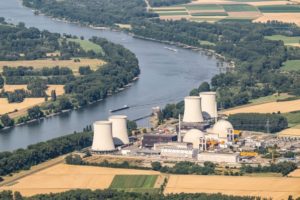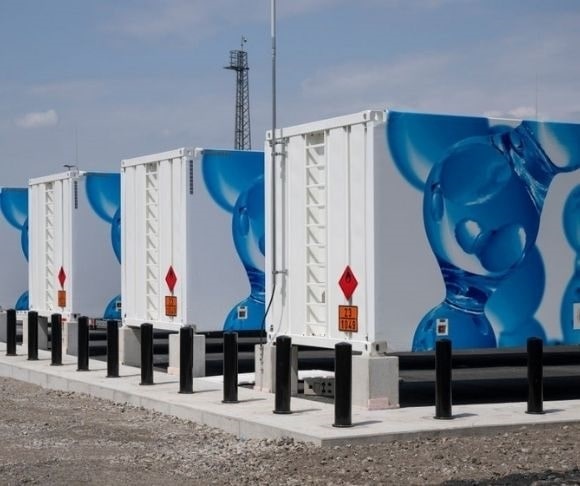Last winter, the EU learned that it had problems in its energy production. Facing blackouts, the union proposed the inclusion of natural gas and nuclear power in its taxonomy of green power. Now that battle has played out, and the nay-sayers lost. However, Germany tends to make decisions that get itself and the rest of Europe in trouble.
A Perfect Storm
The largest countries in the EU have been closing their coal industries and nuclear power plants to save the planet from global warming, replacing them with wind and solar power and Russian gas import. Last winter, those chickens came home to roost.
After months of unusual cold, the hydropower reserves of the Scandinavian countries had been drained, resulting in surging electricity prices across Europe. The situation was so severe that blackouts became a possibility. Then, to make matters worse, Germany’s largest natural gas supplier, Russia, invaded Ukraine.
Redefinition
The EU suddenly changed its tune on green power and proposed to re-define it to include natural gas and nuclear power. Green parties across Europe, especially in Germany, were apoplectic and vowed to block the proposal.
They needed 353 MEPs to achieve that goal but only reached 278 in the EU Parliament. Therefore, the new taxonomy is set to become EU law by January 1, 2023. The Director General of the World Nuclear Association, Sama Bilbao y León, hailed the decision: “The European Parliament’s positive vote sends a clear endorsement of nuclear energy to the financial community. It has listened to the science and recognized that sustainable investment in nuclear energy will help the EU reach net-zero by 2050. Now governments, investors, and industry must act urgently and accelerate the deployment of new nuclear capacity to achieve this goal.”
Stubborn Germany
However, Germany appears to continue its quixotical fight against climate change. At the beginning of this year, the nation closed three of its six remaining nuclear power plants in the middle of an energy crisis, and this coming winter, it plans to close the remaining.

(Photo by Boris Roessler/picture alliance via Getty Images)
Klaus Mülller, president of the Federal Network Energy that regulates energy in Germany, doesn’t think closing nuclear power will have any effects. He said that “we don’t have a power shortage. Nuclear power plants don’t produce heat. They don’t heat homes; they produce electricity.” Müller has apparently never heard of electrical heating. Thus, Germany might face the coming winter with less energy than before.
Although the country has a history of making regrettable decisions that affect Europe negatively, a disastrously cold winter with blackouts and gas shortages could potentially awaken even the most delusional Germans to reality.
Nuclear Future
However, the EU’s decision to classify nuclear power as green energy will likely have significant positive ramifications for the nuclear industry for decades. Under the radar of the American people, the industry has received some support from the political establishment. In 2020, the Democratic Party ended its five-decade-long opposition to nuclear power in its platform. Similarly, many Republicans have endorsed it.
Although it will not affect energy policy in the short run, the US and the EU may rely heavily on nuclear power by 2050.




